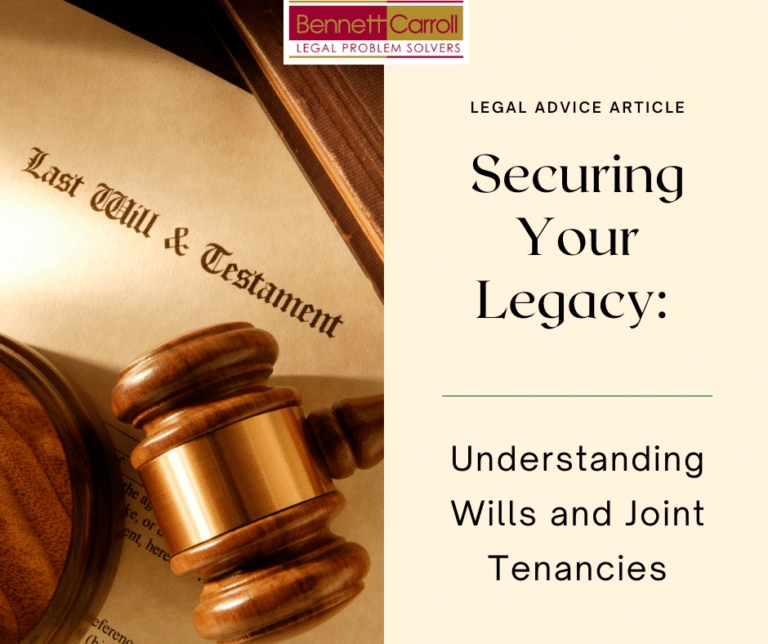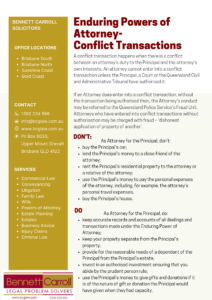Introduction:
In the realm of estate planning, having a comprehensive understanding of wills and joint tenancies is paramount. A will serves as a crucial legal document that ensures your property is distributed according to your wishes upon your death. Without a will, your assets may be subject to intestacy laws, potentially leading to outcomes that do not align with your intentions. Similarly, joint tenancies can have significant implications for property ownership and inheritance rights. In this article, we’ll delve into the importance of having a will, the implications of joint tenancies, and how to navigate these legal matters effectively.
Why You Need a Will:
A will is a vital tool for individuals to dictate how their assets will be distributed after their death. Without a will in place, your property may be distributed according to predetermined rules of intestacy, which may not align with your wishes. Updating your will regularly ensures that it accurately reflects your intentions, especially if your circumstances or relationships change over time. With a properly drafted will, you can ensure that your assets are distributed according to your wishes, and if necessary, designate guardianship for your children.
Understanding Joint Tenancies:
Joint tenancy is a form of property ownership where two or more individuals hold equal shares of a property. In the context of real estate, joint tenancy often applies to couples or business partners. One key feature of joint tenancy is the right of survivorship, which means that if one joint tenant dies, their share automatically passes to the surviving tenant(s) regardless of the provisions in their will or intestacy laws. This automatic transfer of ownership can have significant implications for estate planning and inheritance.
Severing a Joint Tenancy:
To avoid the automatic transfer of property under joint tenancy, individuals may choose to sever the joint tenancy. Severing a joint tenancy involves legally terminating the joint ownership arrangement, thereby converting it into a tenancy in common. This process typically requires the signing of appropriate transfer documents and lodging them with the relevant authorities. By severing the joint tenancy, individuals can ensure that their share of the property is distributed according to their wishes outlined in their will or intestacy laws.
Conclusion:
As you navigate the complexities of estate planning, having a comprehensive understanding of wills and joint tenancies is essential. Bennett Carroll Solicitors is here to provide expert legal guidance and support to help you secure your legacy effectively. Whether you’re drafting a will, navigating joint tenancy arrangements, or considering estate planning strategies, our experienced team can assist you every step of the way. Contact us today to learn more about how we can help you protect your assets, preserve your legacy, and ensure your wishes are carried out according to your intentions. With Bennett Carroll Solicitors by your side, you can approach estate planning with confidence and peace of mind.
Our solicitors will listen to you, assess your problems, explain the relevant law and outline your options. We will give you time to think about your options, without any pressure, and help you make an informed decision before proceeding.
Call us on 1300 334 566 or email info@bcglaw.com.au and safeguard your interests every step of the way- We are your legal problem solvers.
WE HAVE LAW FIRMS LOCATED IN SOUTH EAST QUEENSLAND.
Brisbane North (Stafford)
Brisbane South (Upper Mount Gravatt)
Gold Coast (Mermaid Beach)
Sunshine Coast (Birtinya)
This is general information only. It is not legal advice. It does not take into account any niceties you may have and should not be relied upon by anyone. Contact us for advice on your specific needs before making any decisions based on this information.







